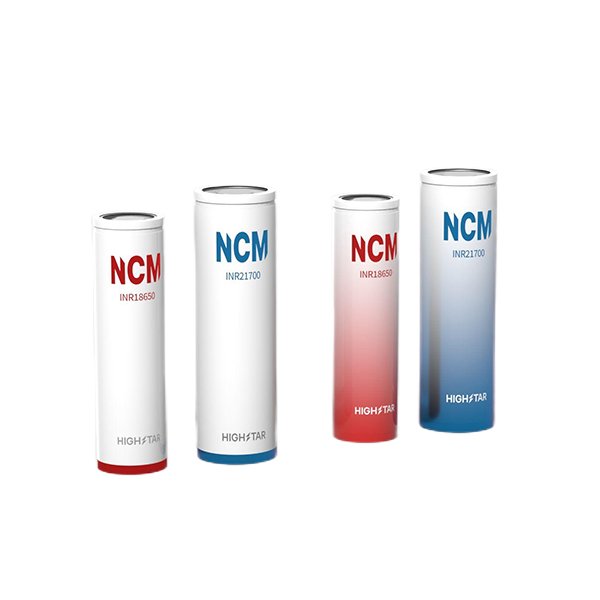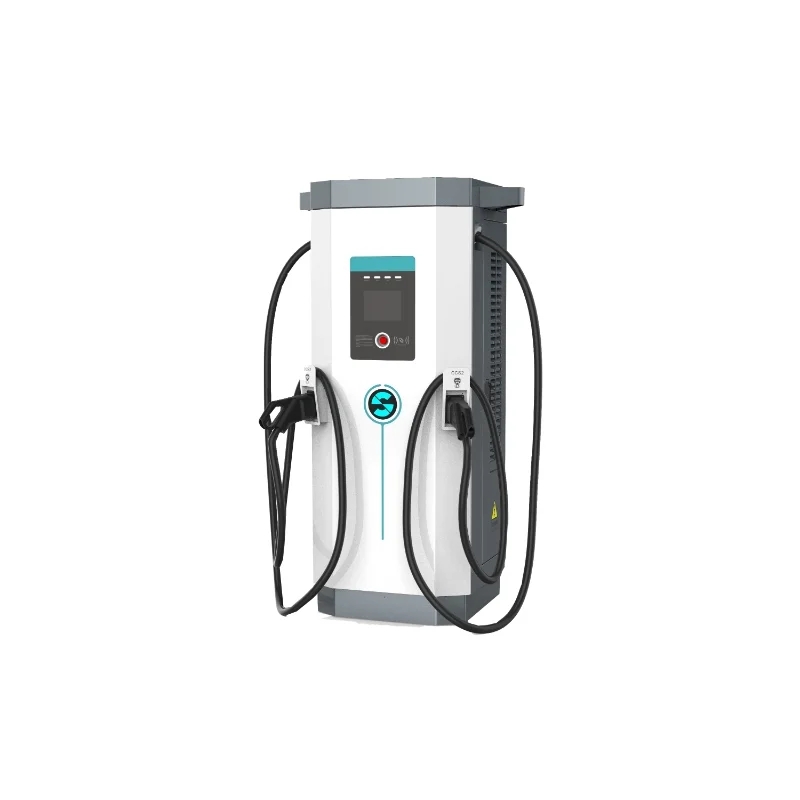Mastering the Art of Safe Household Chemical Use: Essential Rules and Precautions
Household chemicals play a crucial role in our daily lives, from cleaning and disinfecting to maintaining personal hygiene. However, it is essential to understand the rules for their safe use to prevent accidents, injuries, and potential health hazards. In this blog post, we will explore the key guidelines and precautions to ensure the safe handling and storage of household chemicals.
- Read and Follow Instructions:
Before using any household chemical, carefully read and understand the instructions provided on the product label. Pay attention to usage guidelines, recommended quantities, and any specific precautions or warnings mentioned. Following the instructions precisely will minimize the risk of mishaps. - Proper Ventilation:
Always use household chemicals in well-ventilated areas to avoid inhaling toxic fumes. Open windows or use exhaust fans to improve air circulation. This is particularly important when using chemicals like paint thinners, cleaning agents, or pesticides. - Personal Protective Equipment (PPE):
Wearing appropriate personal protective equipment is crucial when handling household chemicals. Depending on the product, this may include gloves, goggles, masks, or aprons. PPE acts as a barrier, protecting your skin, eyes, and respiratory system from potential harm. - Mixing Chemicals:
Never mix different household chemicals unless explicitly instructed to do so. Mixing chemicals can lead to dangerous reactions, releasing toxic gases or causing explosions. Always use chemicals as intended and avoid experimentation. - Storage and Disposal:
Proper storage and disposal of household chemicals are vital to prevent accidents and environmental pollution. Store chemicals in their original containers, tightly sealed, and out of reach of children and pets. Keep them away from direct sunlight, heat sources, or flames. When disposing of chemicals, follow local regulations and guidelines to ensure safe and responsible disposal methods. - Childproofing:
Children are naturally curious and may be attracted to colorful packaging or unusual smells. To prevent accidental ingestion or exposure, keep household chemicals locked away in cabinets or high shelves. Use childproof locks or latches to secure cabinets, and educate children about the dangers of handling chemicals. - Emergency Preparedness:
Despite taking precautions, accidents can still happen. It is crucial to be prepared for emergencies. Keep a first aid kit readily available and know how to respond to chemical-related incidents. Familiarize yourself with emergency contact numbers and procedures for reporting spills, leaks, or exposure.
Conclusion:
The safe use of household chemicals is of utmost importance to protect ourselves, our loved ones, and the environment. By following these essential rules and precautions, we can minimize the risks associated with handling and storing household chemicals. Remember, knowledge, caution, and responsible practices are key to maintaining a safe and healthy home environment.





